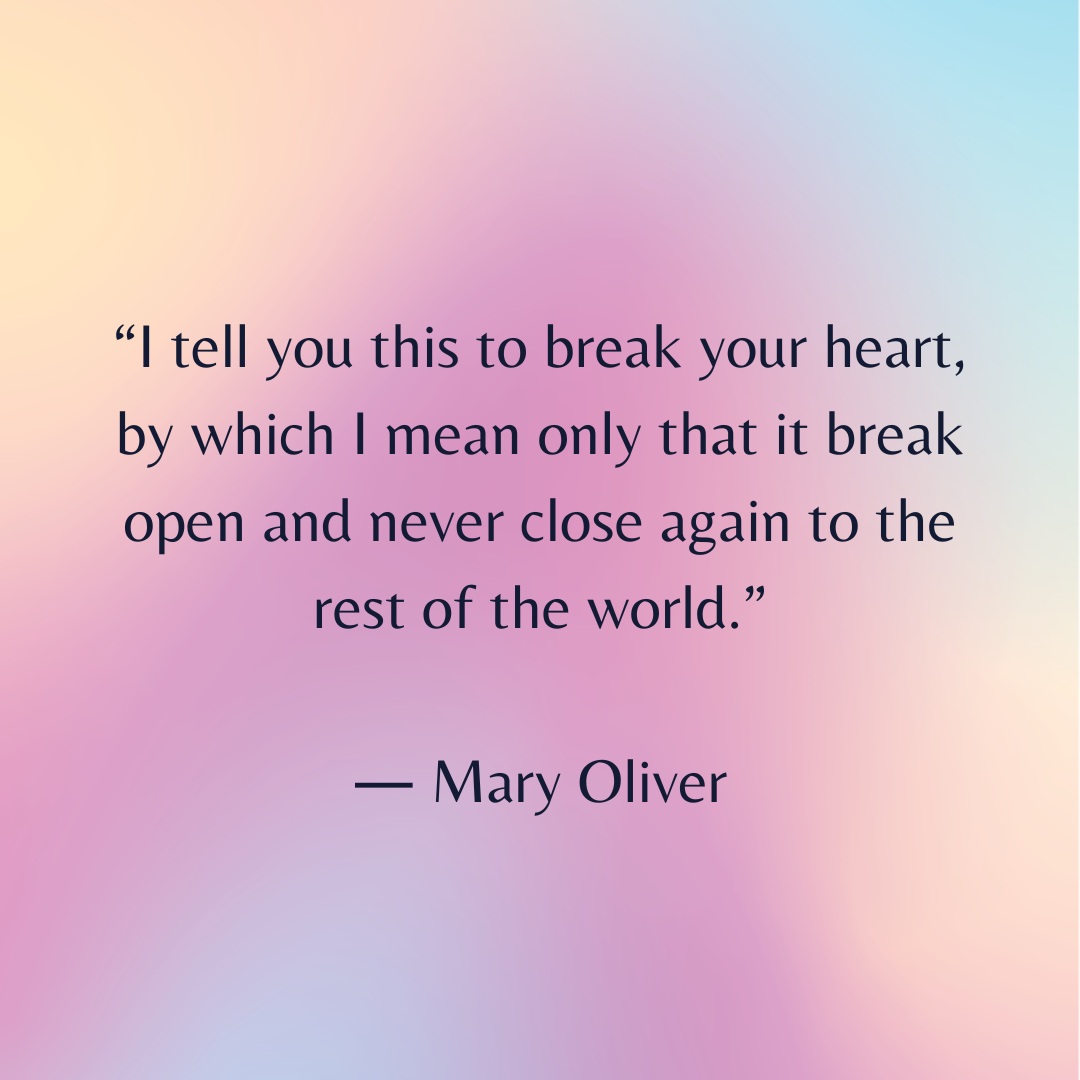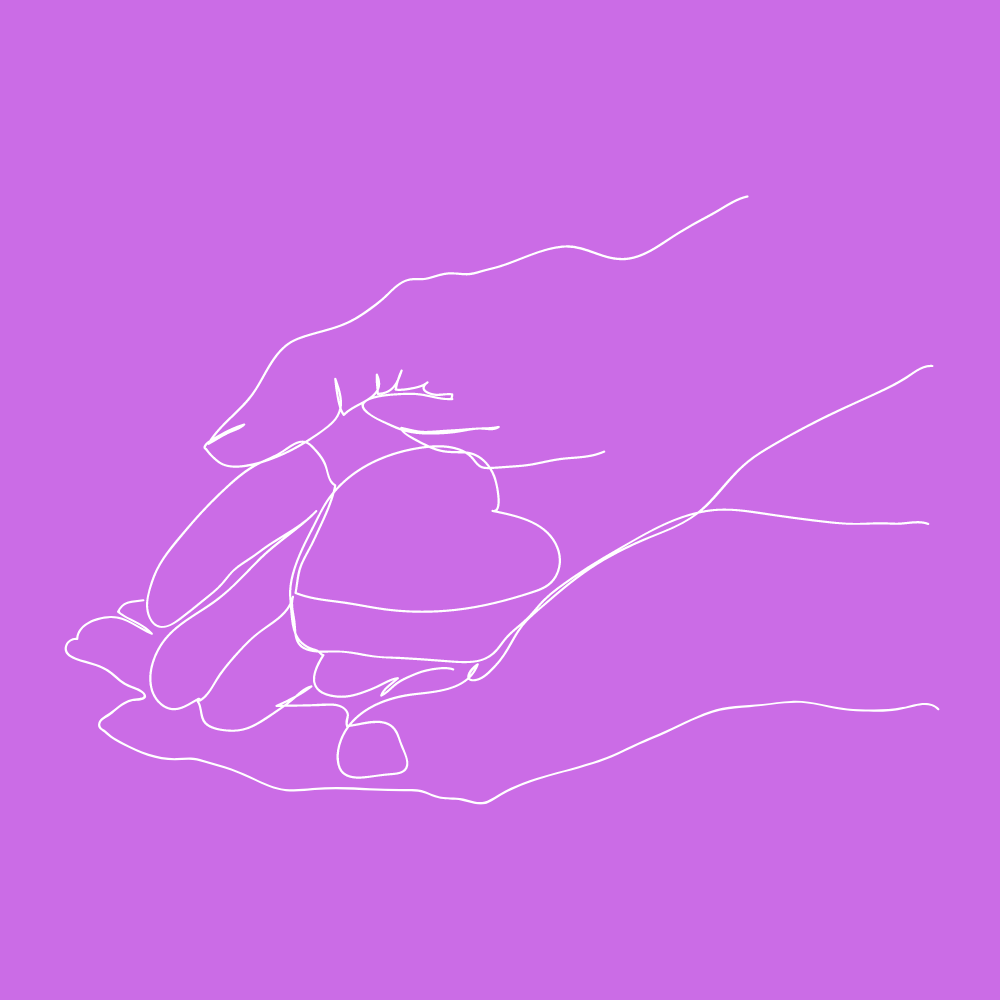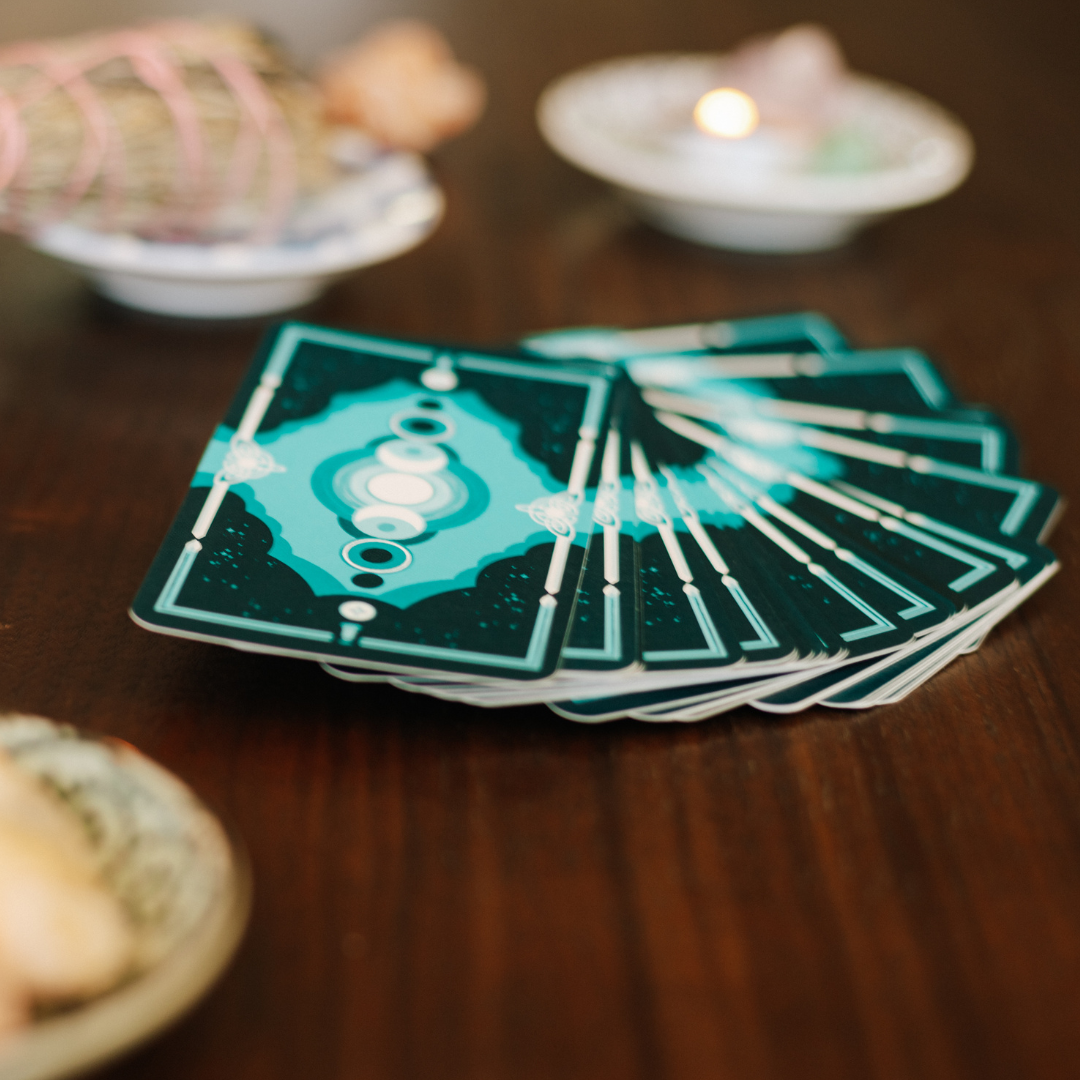
Seeing home with new eyes: a Hong Kong homecoming
“I’m here to visit my mom,” I repeated nervously in Cantonese to myself, as we queued for customs immigration at the Hong Kong Airport. My Cantonese is hazy, and in anticipation of the customs officer’s question asking our purpose for our visit, I was practicing in preparation.
It’s been 14 years since I’ve been home to my place of birth. Last time I was in Hong Kong, I had just turned 30. Just coming out of my Saturn Return, I was recovering from a hard break-up and was laid off a month earlier from my job. Heart-broken and jobless, my mom beckoned me home to Hong Kong, and I had little fortitude to say no. If I were honest with myself, I also wanted my mommy to take care of me in my vulnerable state.
Now, things are different and I’m different. Since then, I’ve begun new relationships and jobs, quit relationships and jobs, undergone deep spiritual healing work, started a new career, married my ex-coworker. At 44 years old, I’m going home with my husband to show him where I come from. And to visit my mom.
And yet, old habits die hard. As I practiced my line in Cantonese, it bugged me that I could hear a slight American accent. I am from Hong Kong, and so I know what Cantonese is supposed to sound like, and what I heard in my head wasn’t it. “The tone is not right, my mom is going to give me so much shit for this”, I thought.
As many Chinese American daughters do, I too have a complicated relationship with my mother, as exemplified in old and new classic Chinese American films such as the Joy Luck Club and Everything, Everywhere all at Once. Those mother-daughter dynamics are real, and I’m a living example. I hadn’t even gotten to my mom yet, and she was already criticizing me, in my head. It dawned on me that the ‘mom’ (inside my head) was right in her critique: my Cantonese is bad, and I should just own it. There was something about admitting it that made it feel more okay and empowering. I’m the one who chose not to keep up with it, and so how can I possibly speak it well?
When it was our turn at the immigration kiosk, I felt ready for my big line. I anxiously presented the official our passports. She briefly paged through it and then waved us through without saying a word. Speaking dodged. My inner introvert rejoiced, but it also felt a bit anticlimactic with all that nervous anticipation dashed. There was nothing to worry about after all.

Hong Kong, Hong Kong
As we made our way through the airport to catch the train to Hong Kong Station where we were meeting my mom, clues of the Hong Kong I knew began to emerge. The people, the language, the loud giant screens screaming in our faces. We weren’t in Kansas anymore. Not that we live in Kansas, but Sonoma County California where we live was close enough; there are no giant screens there either, only grape farms.
As we were waiting for our train, a woman asked us in English, “Is this the train into the city?” I told her “yes, it is,” and my ego beamed a bit by knowing something. Even though it’s been 14 years, I was starting to feel like a local again.
As we rode into the city, our first glimpses of Hong Kong appeared in the window. “It’s so green,” my husband commented on the mountainous trees we passed through, “How pretty, I didn’t expect it to be nature-y in Hong Kong.”
It kinda surprised me too. Like I knew that there were pretty nature-like parts of Hong Kong; my parent’s flat faces a mountain with trees, and Hong Kong is an island surrounded by water, and it’s got a lot of Feng Shui and all that, amongst skyscrapers, high rises and brightly lit signage. But back when I was a kid, or even the last time I was in Hong Kong at 30 years old, I couldn’t see it. I couldn’t see the forest or the trees; I couldn’t see the beauty.
The young me (who returned to Hong Kong nearly every year of my childhood since we immigrated to the States as a six year old) saw Hong Kong as hot, humid, stinky, loud, crowded and rude. All I can remember was the unbearable wet heat as I stepped off the plane and into a pile of sweat. All I remember are the mosquito bites that would swell up on my legs and no amount of mopiko would satiate its itch. I remember getting lice at 13, and the shame I felt when my mom made me go get a haircut at the salon and pretend that I didn’t know. (They obviously knew after getting into my hair, and my mom made a huge scene in ‘disbelief’ that I had lice.)
My insufferable memories of Hong Kong was not only physical, it was emotional as well. My aunts would tease us upon our return, “do you still know how to use chopsticks?” and would ask the waiter for a fork just to really stick it to us. There were judgey looks at our American fashions that were always too short, since everyone else didn’t mind wearing pants in 95 degree heat. Even though I was born in Hong Kong, to them — I was American, and I don’t belong.
Let’s face it, Hong Kong people are not particularly nice. The characteristics of Hong Kongers are no-nonsense and straight-forward, and they’re proud of it. They’re there to get things done and they have places to go, so walk fast, or get out of their way. As a shy, sensitive little girl, Hong Kong was challenging and I felt like it was going to eat me up and spit me out if I didn’t keep to myself by making myself silent and small.
But I’ve come a long way and I’m not a little girl anymore — still sensitive, though more empowered. I’ve worked on embracing my Chinese American-ness, social anxieties, and sense of belonging by accepting myself. More so, at least; clearly there’s more to do. At the very least, I am more willing to put aside all of the villainizing stories I’ve built up about my relationship to Hong Kong and admit that my husband’s assessment is correct — Hong Kong is beautiful; I just never noticed before.
As I looked out the window, a familiarity came flooding in. Memories in the deep recess of my brain all of a sudden became my present, though these memories, I didn’t demonize. Instead, it felt more like an old friend I hadn’t seen in a while, and now we’re picking up where we left off.

The woman who married a gwailo
After meeting my mom and a little rest at her flat, I couldn’t wait to go for our first dim sum lunch of many. Food was one thing I do have fond memories of, and I couldn’t wait to share all the yumminess with my husband.
Generally Hong Kong is a very western city given it was a British colony with a decent amount of folks from all over the world. But Heng Fa Chuen where my mom lives is a residential community with a ‘suburb” feel (If you can call a place with dozens of 30 floor highrise apartments ‘suburban’) — not many tourists or expats venture to Heng Fa Chuen; there’s not much there of interest.
My mom took us to a restaurant in the shopping center that is only a 7 minute walk away. Once again, that familiar path came rushing back, but the convenience store where I would go to get mango ice cream was replaced by a ballet studio for kids, and other child genius enhancing establishments surrounding it. It was mostly the same, but it wasn’t at the same time.
When we walked into the restaurant my mom asked the hostess for a table of 3. Without looking up, she pointed at the kiosk. “Get a ticket” she said, with that signature no-nonsense Hong Kong attitude. My mom is fumbly with technology, and even though it was in Chinese, I got us a ticket and handed it over to the hostess. She scribbled something on the paper, which she gave to us without looking at us, “go in.”
It was 11 AM, but it was already packed. We looked for our table and it being my first in-the-wild Hong Kong experience with my white husband, I felt slightly unassured; of course he was the only westerner. There were a few looks over at us, but they weren’t staring or anything. It wasn’t until the subsequent days when I began to notice what they would really glare at: Me.
The next day we were walking to the subway station, and a woman walking toward us saw my husband and she began staring at me. Even as she walked past me, she looked me up and down blatantly, as if to check me out — who would marry a gwailo?
Even as she rudely glared at me, a curious feeling arose: indifference. I love my husband and I love my life. They can judge me all they want, and I still wouldn’t trade it for anything else. That shy, sensitive little girl who tried not to attract too much attention, finally didn’t give a shit.
In fact, I found on this trip home, there was a lot I didn’t give a shit about. I didn’t give a shit that the hostess was kinda rude by American standards — we believe in service with a smile, but they don’t do that in Hong Kong. That’s okay — you do you Hong Kong.
I didn’t give a shit that I wore shorts because it was hot as hell, and I didn’t care that they could tell I’m American by showing a bit of skin. And I didn’t give a shit that my Cantonese was not that good and therefore slightly aloof when people talked to me, and was proud that I still tried instead of hiding silently or defaulting to English. (And honestly, I picked it up quickly after being immersed, and had only a little accent!).
Just as I have embraced being Chinese in America, I now embrace being American in China. When I was young, I felt othered and ashamed. Now that I’ve leaned into who I am, they can judge me all they want but I don’t feel ashamed of who I am, so I’m fine with it — they can judge as they please.

You can take the girl out of Hong Kong…
At the end of our trip, we were going through security at the Hong Kong airport, and the security officer was one of those power trippy guys you come across at the airport security line sometimes. In English, he was shouting orders. “One at a time, laptop out.” I rushed to get a bin to start the security line routine, and he shouted at me, “Wait! One at a time.”
As a little girl, I would have been frightened of his authority, but now as a full-fledged adult with a keen sense for behaviors associated with the human condition, I rolled my eyes at his obvious display of attempted power-play. Sensing my attitude, he looked directly at me and asked me in Cantonese, “Do you speak Cantonese?” I responded “Yes” in Cantonese. And he sternly but calmly asked me in my native tongue, “Laptop out, do you have a phone?” I said “Yes,” and I went to take it out. And then, he said “Leave the phone in your bag.”
Obvious power move. I did what he said, but if I wasn’t rolling my eyes while I was doing it, I was energetically rolling my eyes the whole time.
After going through security, I reflected on what happened, and I couldn’t help but laugh. I felt like he could tell I was a Hong Kong person; only Hong Kong people would give attitude like that. I may have lived the last 38 years in America. I eat apple pie and hamburgers, and turkey on Thanksgiving. But deep down, when push comes to shove, I am a Hong Konger. No nonsense and I’m proud of it.
In gratitude, Bonnie
💜🌈🌞✨





